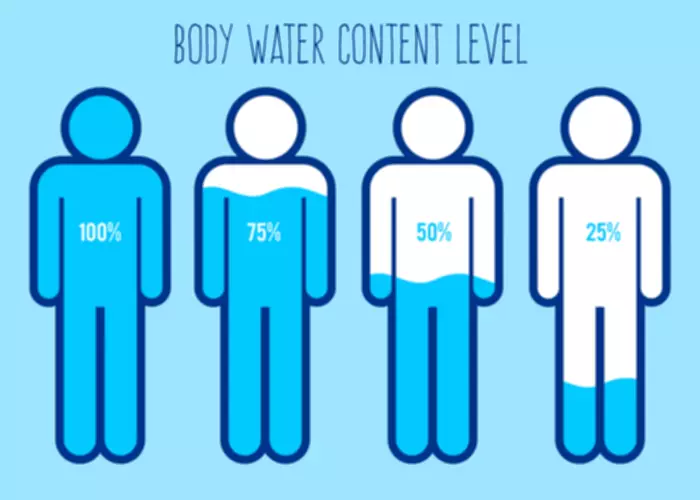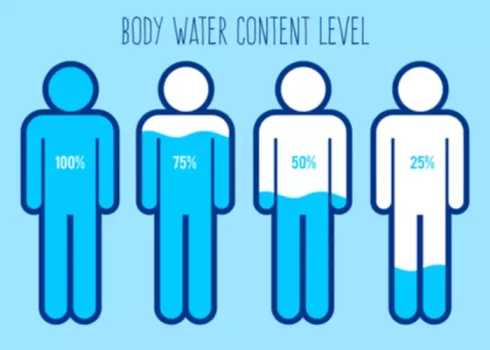Dependence vs Addiction: What’s the Difference?

And here, too, among the committee members, the decision to introduce the term “addictive” into the DSM-5 was arrived at through disagreements and non-consensus. It is no secret that misinformation about addiction is rampant in popular media. One particular area of misinformation concerns how the use of language is employed when describing topics related to addiction. Many symptoms can be managed at home, but moderate to severe withdrawal should be supervised by a healthcare professional and may require inpatient treatment.

Dependence vs. Addiction: How to Tell the Difference

Benzodiazepines, prescribed for anxiety and sleep disorders, can also lead to dependence and addiction with regular use. Withdrawal symptoms and the need for higher doses can arise, and some individuals may also develop an addiction when misusing these medications for their sedative effects, be they prescribed or purchased on the street. When discussing substance abuse and related issues, the terms “addiction” and “dependence” are often used interchangeably. However, while they are closely related, it’s crucial to understand the distinct differences between these two concepts. In this post, we’ll delve into the nuances of addiction and dependence, exploring their definitions, key differences, and the implications for those affected. Recognizing the difference between an addiction and substance dependence can help to better understand the nature of addiction.
What is the difference between physical and psychological dependence?
A person with an addictive temperament is generally using a drug or alcohol consistently to excess. Over time, addiction vs dependence addicts start to lose not only their jobs, homes, and money, but also friendships, family relationships, and contact with the normal world. Addicts have a desperate view of the world, in which the only priority is securing the next high. Drug abuse and addiction (now more commonly known as “substance use disorder” or “problematic substance use”) have led to a major health crisis in the U.S.
What causes substance dependence?
- For example, substance abuse could involve a college student who uses drugs or alcohol regularly and takes these in excess — often mixed with other substances.
- Our team does their best for our readers to help them stay informed about vital healthcare decisions.
- Individuals with certain risk factors for addiction may also be more likely to develop an addiction while dependent.
And sometimes it takes more than one type of treatment to be successful. Speak with your doctor if you have become physically dependent on a medication or other substance. Other common substances that cause dependence are nicotine and pain relievers, particularly narcotics. Stopping suddenly will likely cause symptoms, and they can be serious. So unless it is urgent, gradually cutting down on the amount and how often you use it should make it easier.
- Substance addiction refers to a complex mental health condition where an individual struggles to stop or control their behavior towards a particular substance.
- In medical practice, to get a diagnosis of a substance use disorder, there first needs to be a careful diagnostic interview conducted by a mental health professional.
- Withdrawal from both of these substances can be dangerous if not monitored correctly.
- For this reason, it’s important that individuals with dependence on a substance seek help before they develop an addiction.
- While nearly everyone who uses opioids for an extended period will develop physical dependence, only around 3% to 19% of patients will develop an addiction.
- It’s important to note that people can experience withdrawal without having an addiction, and conversely, someone may have an addiction without necessarily experiencing withdrawal symptoms.
- When addiction to a substance develops, it is called substance use disorder.
- If this person stops use abruptly, they will also experience acute withdrawal symptoms, as their body craves more of the drug.
- He also sees people who have taken heroin without developing an addiction, yet they can’t seem to stop smoking and give up nicotine.
He also sees people who have taken heroin without developing an addiction, yet they can’t seem to stop smoking and give up nicotine. You may assume that certain substances are more addictive than others, and that is partially true, Mr. Kump says. You may wonder whether these folks had an addiction or a dependency on their drug of choice. AddictionResource aims to present the most accurate, trustworthy, and up-to-date medical content to our readers. Our team does their best for our readers to help them stay informed about vital healthcare decisions.

For example, anyone having a headache or not feeling well after skipping their daily cup of coffee displays a physical dependence on caffeine. They may not crave it or have a caffeine addiction, but they experience physical symptoms when they do not have it in their system. Caffeine is an example of a common substance that causes physical dependence. If you can’t function properly in the morning without your cup of coffee, it could be that you are caffeine-dependent.
- If so, it’s important for you to treat it with the seriousness it requires and get help before it’s too late.
- If you’re seeking help for yourself or a loved one, our expert team is here to guide you every step of the way.
- In this article, we provide information about what abuse, dependence, and addiction mean, and how you can seek treatment for them.
- In this case, medical support may be required to help wean the individual off the drug.
- That terminology was problematic because in biology — the study of organisms — dependence refers to a physical adaptation to a substance.








